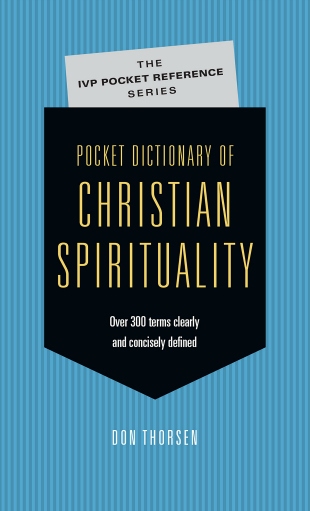hope. Positive expectancy that God ultimately controls the future. It includes both the act of hoping and the object (or end) for which one hopes. Christian hope primarily has to do with hope in God, which brings confidence both for present and future living (e.g., resurrection, eternal life). Hope is emphasized along with faith and love (I Corinthians 13:13), and historically has been considered, along with faith and love, one of the prime theological virtues…. Spiritually, hope serves to reassure Christians in this life, contributing to their faithful love and witness as well as optimism with regard to the degree to which God wants to transform people, individually and collectively.
hospitality. Welcoming and providing for others, including care for their spiritual well-being. Hospitality is considered a virtue, and it encourages compassion and the unity among people (e.g., Romans 12:13). Hospitality may be as simple as welcoming people to one's home, or welcoming people into one's church, especially those who are neglected, marginalized, or oppressed (e.g., Luke 14:13). Hospitality is considered important for ecumenical spirituality and for interfaith relations…; one never knows the spiritual significance of one's hospitality (Hebrews 13:2).
